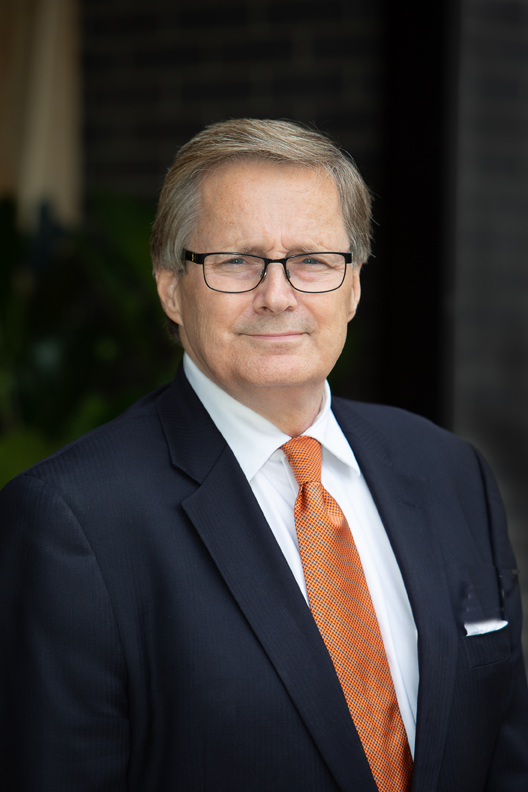“Secrecy in government is fundamentally anti-democratic…Open debate and discussion of public issues are vital to our national health. On public questions, there should be ‘uninhibited, robust, and wide-open’ debate.”
Those words written by the late Supreme Court Justice William O. Douglas in opposition to the Nixon Administration’s reluctance to release the Pentagon Papers are as true today as they were then.
Each year, on March 13, journalists and journalism organizations focus on transparency in government.
For those of you reading the pages of Event News Enterprise, hopefully you have noticed our efforts to seek transparency in government to encourage greater civic engagement.
Many suggest that our very democracy is in danger, and why not? Technology has evolved to the point where our every move is tracked by corporations and with a few dollars and an online account, it’s easy to ‘manufacture’ our own truth.
It’s hard to imagine how far our mindset has shifted since Justice Douglas’ day. Even then, government was prone to secrecy, yet our elected officials still debated the power of ideas and there was a true sense of creative division.
Fast forward to the day when, for profit and power, we seek to divide. Citizenship has quietly morphed into something akin to tribalism and thus, why do we wonder why democracy is in danger.
Yet for having said all that, the silent majority of Americans, despite everything thrown as obstacles against it, always seems to discern a path forward that keeps the overall ideal intact.
Perhaps it’s hard to believe at the moment, when the voices of bitterness sometimes manage to creep into the daily narratives of our lives.
For the past five years, we have worked hard to allow both sides, and even sometimes radical views, to be heard.
That’s why, I think, we call it the “public interest,” because there is no one person, not a single corporation, not a billionaire or an oligarch, who can singularly decide or replace the genius of collective wisdom.
We promote transparency because citizens deserve it. We allow readers to have a voice because they deserve it. We believe in free speech and believe it applies to everyone, so long as it is an opinion. With the election season coming, we will have a tightened policy that will be published.
Yet we consider it essential for our readers to understand what we do and why we do it. Journalists have used standards in the past that have obviously created a trust gap and so policies must evolve for the information age.
And while we work hard, it is obvious that there are no easy answers and in trying to be extraordinarily inclusive, we don’t always get it right. We know that and we welcome your thoughts.
As a member of the board of the Orange County Press Club, I have made governmental transparency a top priority. In recognition of “Sunshine Week,” the OCPC is holding a ‘transparency summit’ this Thursday, March 17, from 7:30-8:30 p.m. It will be broadcast live on the OCPress Club Facebook page and features Attorney David Burke, of Cypress, Voice of OC Nick Gerda, and Teri Sforza, an investigative reporter with the Southern California News Group.
Please feel free to tune in.
Burke and many citizens in Cypress have been frustrated by the Council’s perceived lack of transparency. In fact, to be fair to Cypress, they are not alone, but a fair example at the moment, judging by what citizens have said during open communications.
Transparency is hard. Without belaboring the point, citizens have repeatedly urged the council to listen to them, yet in most cases, been met with silence and little follow-up.
In my work for the press club, I have consulted with legal firms regarding the state’s Ralph M. Brown Act. It is disheartening to consistently watch citizens ask very valid questions only to see officials seemingly use the Brown Act as a shield to prevent answer.
Top law firms say, and their opinions are easily obtainable, that the Brown Act does not prevent responses to questions by elected officials. “Legislators” and “staff” are allowed to answer and provide a “brief” response.
We, as citizens, must somehow find a new path to public interest, despite living in a media-centric world. Real-world problems exist and citizens face struggles in their daily lives that are real and thus, deserve a hearing, even if it comes in a thoughtful, one-minute response from those they elected to represent them.
Let’s face it, across the political spectrum, we are all neighbors in a place called home. Somehow, we must find the courage to return to the power public interest.
Then, as now, open debate is vital to our civic health.
We can strengthen our democracy, but only by learning to listen once again. Only then will we see a reduction in the surplus of manufactured truth and more critically, repair the growing deficit of civic trust in our everyday discourse.
If we truly want to be heard, we must first learn to listen.

